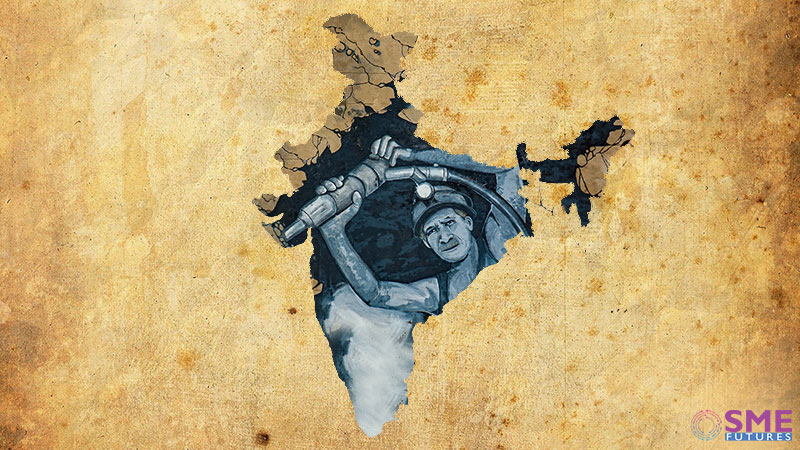Since time immemorial, the wheels of evolution are churning because of skilled manpower. The question that comes to light is – what is skill? And why is skill an important part of development process? Simply put, the ability to do a particular task adroitly or expertise over some work is termed as ‘Skill’. Skill is undoubtedly an integral part of the development process. Have a look from Edison to Newton and Wright brothers to Raman, and this comes evident that skill led to innovations and inventions, which contributed to the development of human civilization. Skill development, therefore, is crucial for growth and progress of human, society, civilization, nation, and the world. Every nation in the world thrives to build a skilled workforce to strengthen their economy and proceed ahead on the path of evolution towards a bright and sustainable future.
The Need of Skilled Manpower: The Indian Scenario
The roots of every nation’s development are based on its people. India, one of the fastest developing nations, owes its economic, social, and cultural development to its vast and diverse population. Thus, the country’s progress is directly proportional to the skilled workforce. India with a population of over 1.3 billion possesses the largest pool of scientists, engineers, and doctors in the world. With such vast resource and a progressively functional skill development plan can take India to the frontier amongst the developed nations. India, the second most populous country in the world, has more than 50% of the young population which once skilled can contribute to the growth of the national economy. Because skill development and re-skilling of the workforce drives the growth of a nation and it can lead to the sustainability of the economy as well.
The United Nations in the epic summit of 2015 on ‘Transforming our World: the 2030 Agenda for Sustainable Development’ defined 17 Sustainable Development Goals which primarily included ‘Skill’ apart from the ‘basic necessities’ for people across the world. The SDGs have defined skill development requirement as – to promote sustained, inclusive and sustainable economic growth, full and productive employment and decent work for all. The SDGs report 2018 by the United Nations shows that 42% of the world population is young with a global youth unemployment rate of 13%, which can be brought down drastically by skilling the youth. The Centre for Monitoring Indian Economy (CMIE) defined the unemployment rate in India to be 6.32% which is greater than the global unemployment rate of 5.6% defined by the UN for 2018. The complete scenario gives a clarion call for the speeding up the skilling through policy implementation on a PPP (Public Private Partnership) model.
India’s Stand on Skill Development
National Backward Classes Finance & Development Corporation (NBCFDC) under the Ministry of Social Justice and Empowerment, Pradhan Mantri Awas Yojana – Gramin (PMAY-G), Pradhan Mantri Kaushal Vikas Yojana (PMKVY) under Ministry of Skill Development and Entrepreneurship, Pradhan Mantri Kaushal Kendra (PMKK) under MSDE and National Skill Development Corporation, and many other skill development, employment generation, and entrepreneurship building programs from the Government of India have the paved the path of national skill development and economic stronghold in the current times. A number of organizations have also stepped ahead to encourage ‘Skill India’, ‘Make-in-India’ and ‘Startup India’ programs along with various other skill development programs. On a PPP (Public Private Partnership) model these initiatives are focused on developing a skilled workforce on a national level. The current scenario is also going to boost entrepreneurial activities in the country through facilitating infrastructure and nurturing the startups with comprehensive guidance for business development. In collaboration with corporates and MNCs government projects and various foundations are creating greater growth avenues and employment opportunities for the young talent through these skill development programs.
India, today, is leading the developing nations and proceeding ahead towards the SDGs defined in ‘Agenda: 2030’ defined by the UN. A nation in order to develop needs to build up a highly active ecosystem that not only supports the employment and entrepreneurship but also strengthens the economic growth model of the country. India is stepping ahead towards the harbor of success against all tides and there is a clear rise of entrepreneurship and employability through the sustained and collaborative skill development programs across the country.











